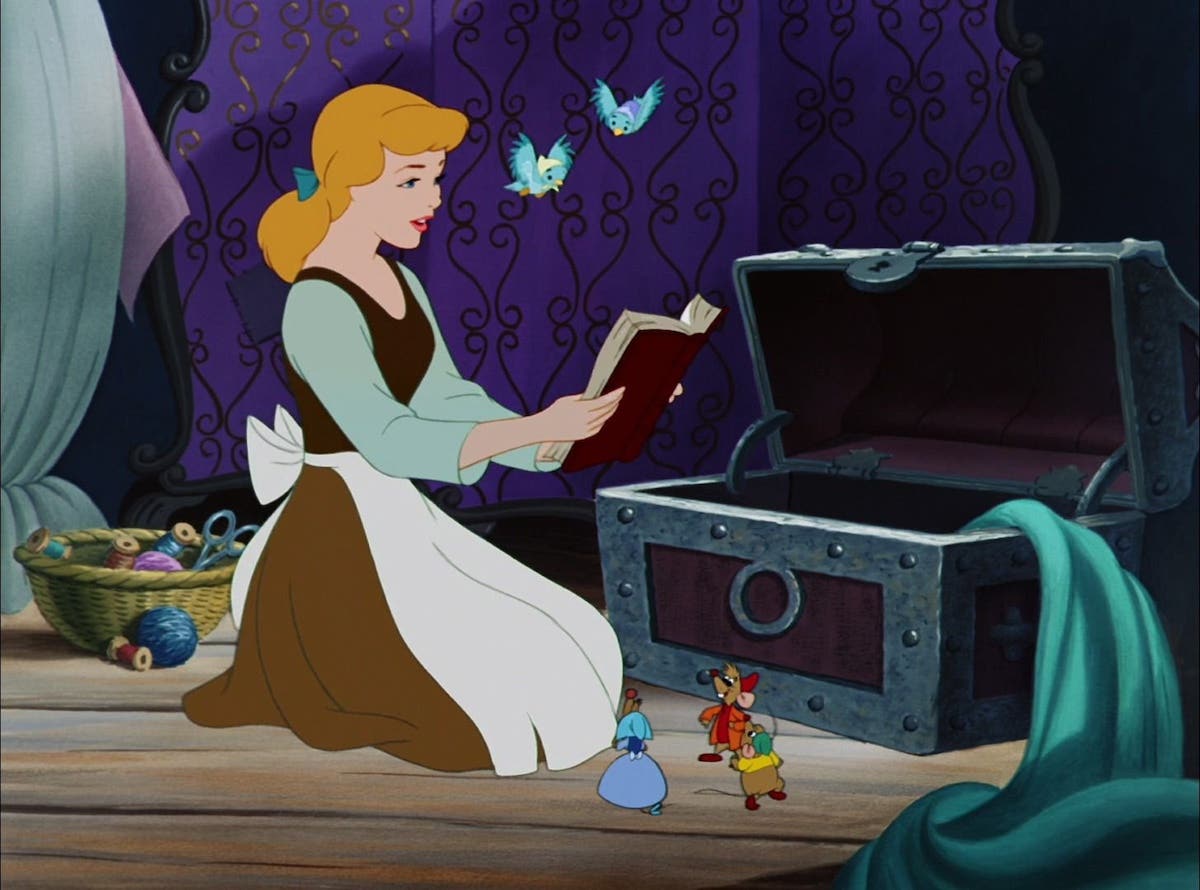Balls of Steel™: Brainstorming Partner – The Perfect Storm
Most writers like to believe we can create great stories all by our lonesome selves — and many of us can. But for me, brainstorming with trusted friends brings out the best in my writing. It challenges me to take my work to the next level. I like to be pushed … even into a storm.
On my path to production, I’ve tried both writing with partners and writing alone. Each has pros and cons. The search for the “perfect storm” of writing led me to a new kind of partnership – a brainstorming partner.
A brainstorming partner is simply someone you bounce ideas off of who has no ownership in the story. You can cherry pick what you want without the compromise needed in a true writing partnership. It’s the best of both worlds.
What makes a good brainstorming partner?
He or she doesn’t have to be a writer, but should be well-read and/or a movie fan. Above all, you need to find someone who isn’t selfish ... good luck with that. It could take a while, but once you find a partner, it’s gold.
A brainstorming partner should have the guts to challenge you. If they agree with everything you say, you might as well be brainstorming with your mirror.
Some people are nervous to admit they don’t like an idea and always nod their heads in agreement, even if their stomachs are flipping. Refusing to speak their mind is not serving anyone, and it’s certainly not aiding the story. Encourage honesty. Expand on the idea; talk about what’s good in it and what doesn’t work. Above all, speak respectfully, using phrases such as, “I’m not feeling it … let’s keep digesting” instead of “you’re wrong.”
As I wrote in "The Walk of Shame," a previous column about collaboration, you must always put the project first.
It takes practice letting go of your ego, but having a brainstorming partner will help train you in the collaboration process necessary for filmmaking. The first time you do it, don’t expect to be totally open to the brainstormer’s opinions. Keep reminding yourself to breathe. This is just an idea-blasting session, nothing is written in stone simply because it is verbalized. It can lead into a direction you hadn’t even dreamed of.
One nugget that gets tossed into the air, even if it drops harder than a year-old fruit cake, can still lead to a story detail you would never have thought of had you not bitten that stale loaf.
Find someone you enjoy listening to. Notice I said, “listening” not “talking." A big part of brainstorming is shutting your mouth and listening to a totally different viewpoint.
As always, I practice what I preach. My brainstorming partner is a person with life experiences different from my own, one who is an avid reader and filmgoer, and who is kind yet brutally honest. Above all, I have great respect for his knowledge of storytelling.
What could appear as a one-sided partnership isn’t. I asked what’s in it for him:
“Some story ideas are great, but it’s how they’re executed that makes them better. The end product must have a powerful impact. So if I can throw an idea out that pushes you to make the story the best it can be, that’s satisfying.”
I’m sure you’re asking why not give him “story by” credit. I strongly suggest discussing credits with any brainstorming partner in advance.
Mine happens to recognizes it’s one thing to throw out an idea and see if it sticks, and an entirely different thing to make it work on the page. He has great respect for writers and the process of bringing an idea to life, but he's not a true writer, and a writing credit means nothing to his world. His satisfaction is seeing how I weave his ideas into the story I’m writing.
His other payment is when we have the “ah-ha moment.”
I always know we’ve found the solution to a story’s problem when he declares, “I just got chills when you said that.”
Those chills are when I know we’ve hit the jackpot, and I immediately get the urge to say, “shut the f*ck up, I need to get this down” … which I often do. He laughs as he hangs up the phone, anxious to see what I will come up with.
Knowing someone waits for the next draft gives me the energy to push through each day of the solitary life we writers are plagued with.
This type of brainstorming has prepared me for my latest venture, which is a five-person, show-creating team. Talk about ideas filling up an email inbox fast! Perhaps next week, I’ll share with you how to navigate an online writers room with experienced minds, strong personalities, and amazing energy.
Most writers like to believe we can create great stories all by our lonesome selves – and many of us can. But for me, brainstorming with trusted friends brings out the best in my writing. It challenges me to take my work to the next level.
I like to be pushed … even into a storm.
Please share in the comments ways brainstorming helps your process, or other ideas that get you past your story's roadblocks.
Get help writing action movies with William Martell's webinar
Furious Writing: Car Chases, Shoot Outs & Action Scenes
Jeanne Veillette Bowerman is a Senior Executive at Pipeline Media Group and Book Pipeline, Editor-in-Chief of Pipeline Artists, Director of Symposium—a year-round conference in the arts, co-host "Reckless Creatives" podcast, partner at Fringe Press, former Editor-in-Chief of Script magazine and a former Senior Editor at Writer's Digest. Recognized as one of the "Top 10 Most Influential Screenwriting Bloggers," her "Balls of Steel" column was selected as recommended reading by Universal Writers Program. A compilation of her articles is now available at The Writers Store—Balls of Steel: The Screenwriter's Mindset. She is also Co-Founder and moderator of X's weekly screenwriters’ chat, #Scriptchat, and wrote the narrative adaptation of the Pulitzer Prize-winning book, Slavery by Another Name, with its author, Douglas A. Blackmon, former senior national correspondent of The Wall Street Journal. More information can be found on her website. X: @jeannevb | IG/Threads: @jeannevb_ | BlueSky: @jeannevb.bsky.social





